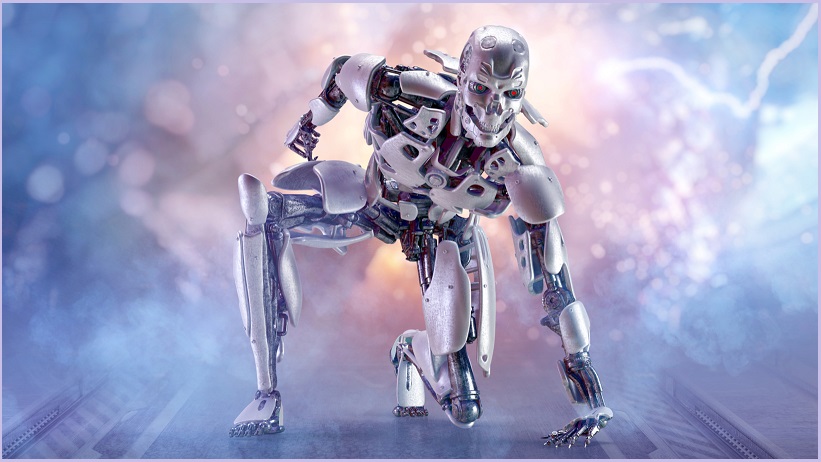The idea that “robots taking over the world” is still the most popular way Australians describe AI, according to a new study.
Conducted by the Monash Data Futures Institute, AI For Social Good? looks at the Australian public’s attitude towards AI and how it can influence society.
The survey, which is based on analysis of a nationally-representative survey of more than 2,000 Australians, highlights just how divided attitudes towards AI are in Australia.
It found that while 90 per cent of Australians were aware of AI, only about a quarter knew much about it, resulting in a relative knowledge gap when it comes to the public’s immediate understandings of AI.
The study says the most popular ways in which AI is described “reflect ideas of robots ‘taking on work’ and/or ‘taking over the world’”.
Additionally, one in 20 Australians still believe the development of high-level artificial intelligence could lead to human extinction, while 12 per cent said they were opposed to AI.
“Most Australians have moved on from seeing AI as something in movies such as Terminator,” said the reports’ lead investigator, Professor Neil Selwyn.
“But people still tend to imagine powerful forms of AI – overlooking the more mundane instances of AI that are already all around us.”
Despite Hollywood’s influence on some, the majority of Australians can see the upside to AI.
Almost seven in 10 (69 per cent) respondents agreed AI will do more ‘social good’ than ‘social harm’, while 63.5 per cent expressed support for the development of AI after taking the survey.
Taking jobs or making jobs
The report also highlights the confusion around how AI will impact the future job market.
A recent study prepared by ACS for AI data analytics company Faethm found 2.7 million Australian jobs are at risk of being automated in the future.
This was cancelled out by the potential gain of 5.3 million new jobs stemming from AI in the next decade.
And these figures seem to be reflected in the public’s understanding.
The Monash University study asked respondents for their opinions on AI for social good, as well as their opinions on the potential harms and challenges evolving from AI.
In both instances, the impact of AI on jobs was raised.
“Some forecast that AI will increasingly be able to do jobs done by humans today… [and] worry that in the future, robots and computers can do most of the jobs that are done by humans today,” says the report.
On the other hand, some believed AI can be used as a tool for ‘economic empowerment’ and could create jobs for vulnerable populations.
With so much confusion around how AI will be used in the future, there is overwhelming support for the implementation of a regulatory body to oversee the responsible development of the technology.
When asked whether ‘Australia requires a new regulatory body to govern and promote responsible innovation in the area of AI’, some 87.3 per cent of respondents agreed.
Missed opportunities
There is evidence to suggest some of these negative public attitudes towards AI are holding the sector back.
Last year, the CSIRO’s Data61 revealed AI could be worth $315 billion to the Australian economy by 2028 in its Artificial Intelligence Roadmap.
Australia will need up to 161,000 new specialist AI workers by 2030 to maximise the future benefits of the technology, according to the report.
However, the report also shows Australia is behind international peers in the development of a local AI industry and that our current AI capabilities are limited to “core AI-related fields” within universities, research organisations and companies.
The concentration of AI research within the academic community also threatens the industry’s development.
Associate Dean of Research Strategy and Management at UTS, Michael Blumenstein recently said, “by ranking of the number of scientific publications and the research output we create in this country, we are number one by capita.
“The challenge there is the translation of that research.”










